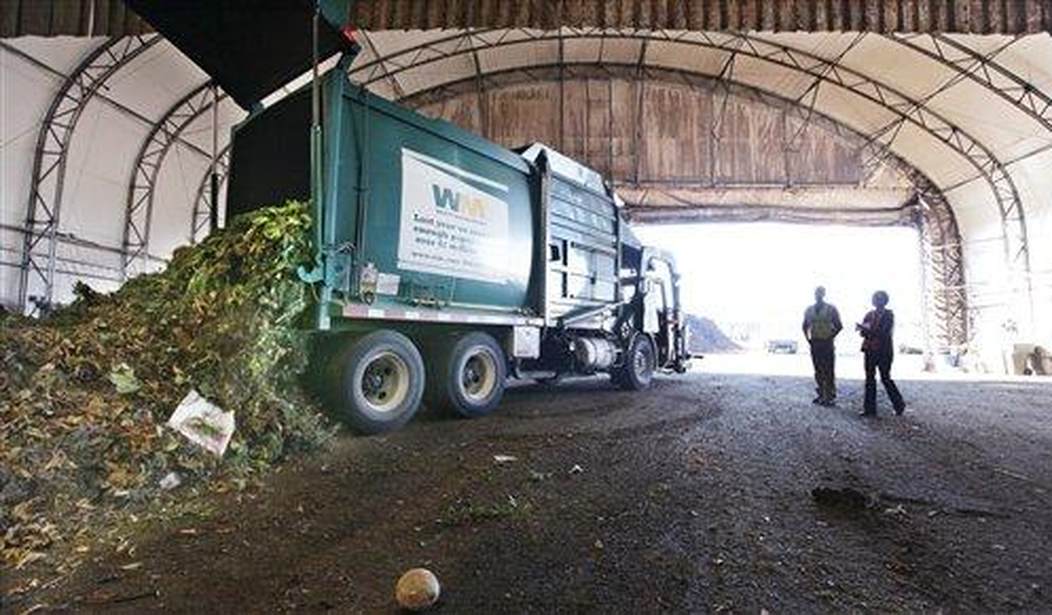One of the very few points of contention between my wife and myself has to do with the socially correct subject of recycling. Janice is scrupulous about dividing household waste between the various categories distinguished by municipal bylaws. Glass and plastics are a particular concern. Moreover, every such item is dutifully washed and diligently scoured before disposal, though buffing what goes into the back of a garbage truck and crushed to a featureless pulver does not make much sense to me. Nor, for that matter, does recycling. I watch with some bemusement at her useless expenditure of energy but am helpless before the spectacle of devotion and innocent probity it represents.
Some time back, I had an interesting conversation with the friendly manager of our village garbage dump, who confided that the ordinances requiring the separation of the various kinds of refuse into separate bins and pits were nothing but bureaucratic nonsense coupled with public virtue-signalling. It made no ultimate difference to the disposal process, which I had long suspected to be the case. Though I knew that my efforts to relieve Janice of superfluous labor were likely non-starters, I had thought the words of an authority, a veritable scholar of waste management, on the question might have an effect. It was not to be. Tins, milk cartons, wine bottles and plastic containers of every conceivable stripe continued to be scrubbed to a high polish, and placed into the appropriate Tuff-Guy kitchen bags before ending their now immaculate existence in one of six different dumpsters. My argument was dismissed as typically male indifference to the niceties of household maintenance. Women always know better.
Writing in City Journal, John Tierney points out that even Greenpeace now claims that recycling is a dead end. Recycling plastic waste is environmentally harmful to reprocess, is contaminated by toxic materials, and is not economical, apart from being hopelessly impractical and labor-intensive. Sending such waste materials to landfill is both cheaper and provably less harmful to the environment, though it will inconvenience those who “perform garbage-sorting as a ritual of atonement, a sacrament of the green religion.” Tierney does not mention the scandal of polypropylene Covid masks, which not only do not prevent virion transmission and lead to hypoxia and fungoid diseases, but will eventually find their way to marine waters and can take centuries to degrade. They cannot be recycled.
Related: Is the Green Energy Climate Cabal Crumbling?
Janice agrees that the masks are an atrocity in every respect—ineffective, unsightly, harmful, non-degradable, badges of driven servitude—but the scalding and scraping of recyclables shows no sign of abating. It is strange how a laudable virtue can be at odds with a fact of reason. It occurs to me that it is not only people whose minds have been ossified by ideology—those subject to leftist petrifaction—but also good, honest, and intelligent people, thinking conservatives like my wife, for whom honor and rectitude can sometimes override the obvious, however counter-intuitive.
For myself, I surreptitiously toss (unwashed) plastics-and-such away with the collective garbage as a personal revolt against the scam of recycling—while remaining, at best, an unsung domestic hero.










Join the conversation as a VIP Member